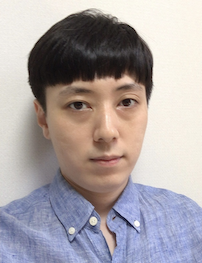Junho Lee (이준호)
ljh13kr[at]gmail.com
I am excited to join Sara Constantino's lab at Northeastern University as a postdoctoral researcher in fall 2022. I will work on various topics of social cognition including group dynamics, social norms perception, and pluralistic ignorance, and investigate how the psychological findings can be applied to real-world issues such as climate change denialism and willingness to take collective action.
I received Ph.D. in Computational Cognitive Psychology at the University of California, Los Angeles. In the UCLA Reasoning Lab, I worked with Keith Holyoak and Patricia Cheng on the intersection between higher-level cognition and social psychology.
I received my B.A. and M.A. in Cognitive Psychology from Seoul National University, Republic of Korea, where I worked with Jooyong Park on metacognitive judgments in educational context.
Research
Most of my research investigates how people incorporate various (and often ambiguous) information to make sense of the complex world and make important judgments and decisions. I am especially interested in moral psychology, causal reasoning, and social judgments and decisions.
My studies are often motivated by the need to tackle urgent issues in today's world (e.g., climate change denialism, political belief polarization), and inspired by discussions from other disciplines such as philosophy and social science. I am interested in using a combination of techniques and methods, ranging from behavioral studies to computational modeling and natural language processing.
Template by: Yen-Chia Hsu



